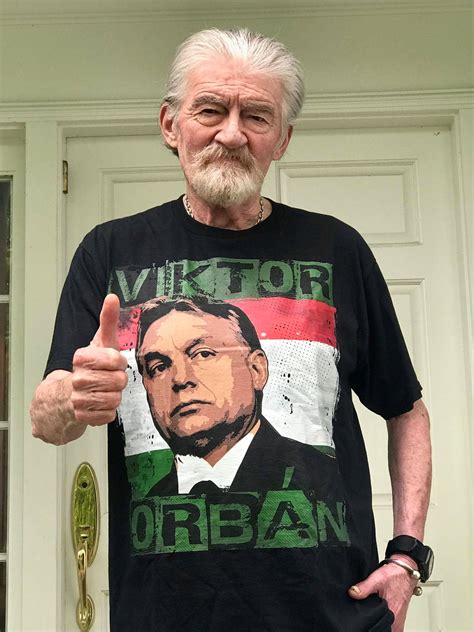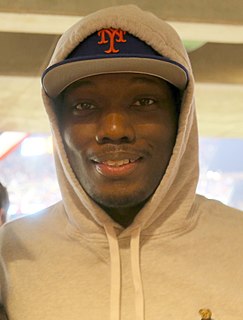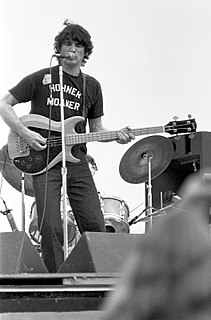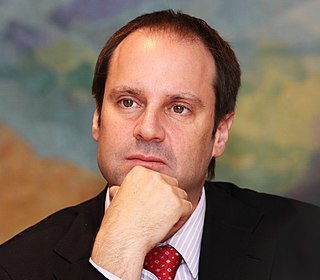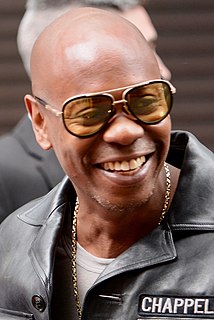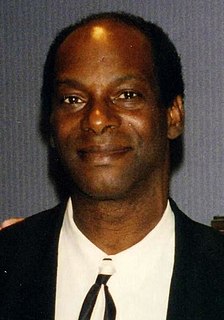A Quote by Joe Eszterhas
I was six when we came to this country. When I was 14 or so, I still had a lot of trouble with it.
Related Quotes
It's true - my mother kicked me out the house at 14. I had to go live with my sister. I had some problems. I was very rebellious as a kid. I don't even know why or where it came from, but I had a lot of anger. Me and my mom clashed a lot because she didn't tolerate that, as she shouldn't from a 14-year-old.
If I had a formula for bypassing trouble, I wouldn't pass it around. Wouldn't be doing anybody a favor. Trouble creates a capacity to handle it. I don't say embrace trouble. That's as bad as treating it as an enemy. But I do say, meet it as a friend, for you'll see a lot of it and had better be on speaking terms with it.
When I was 14, my dad came home one day and told us he had cancer. It was looking pretty bad. And I remember him saying how afraid he was that he hadn't gotten to do the things he wanted to do during his life. He had surgery and survived. And he's still alive today, thank God. But it made a big impact on me.
